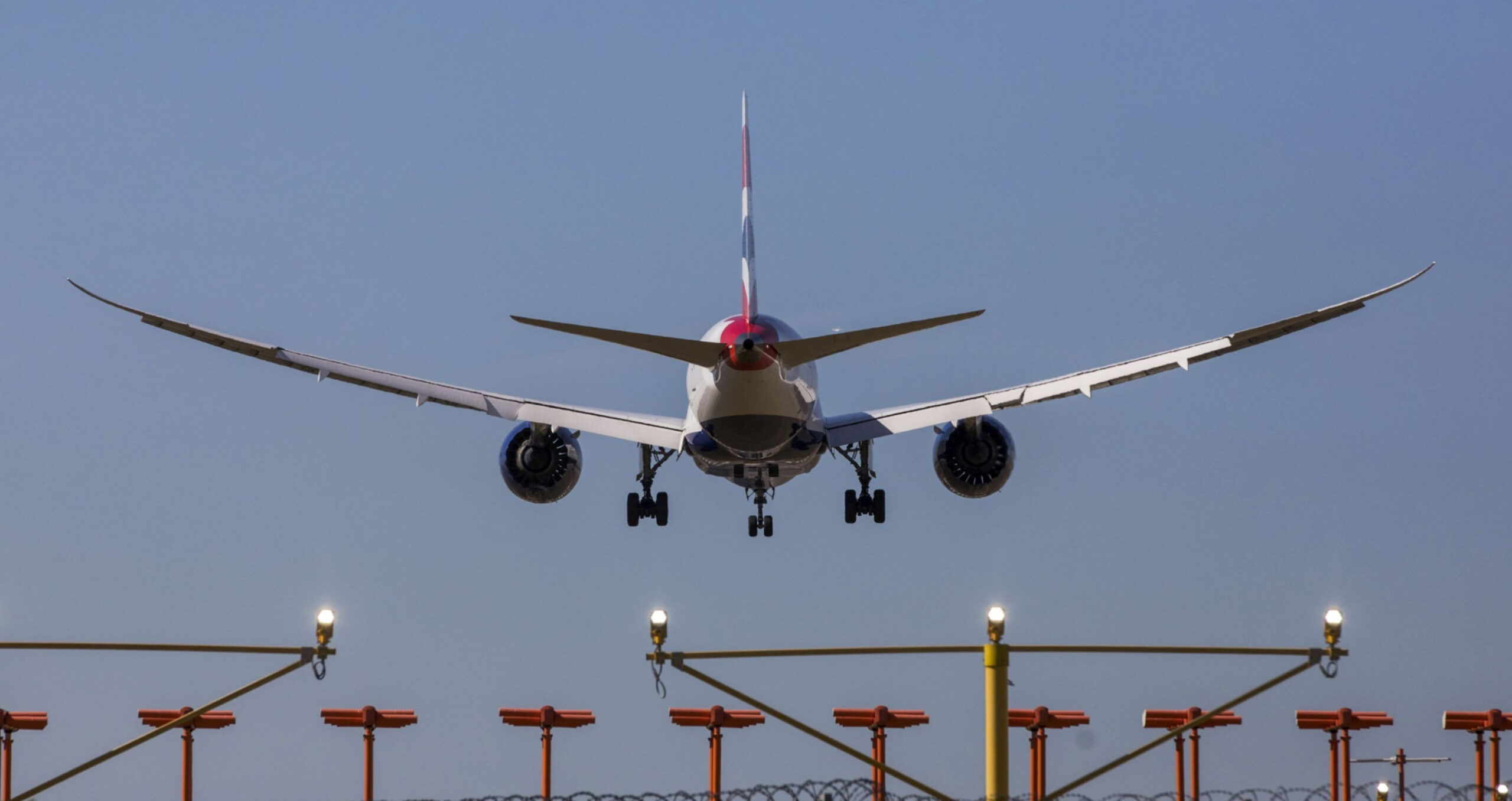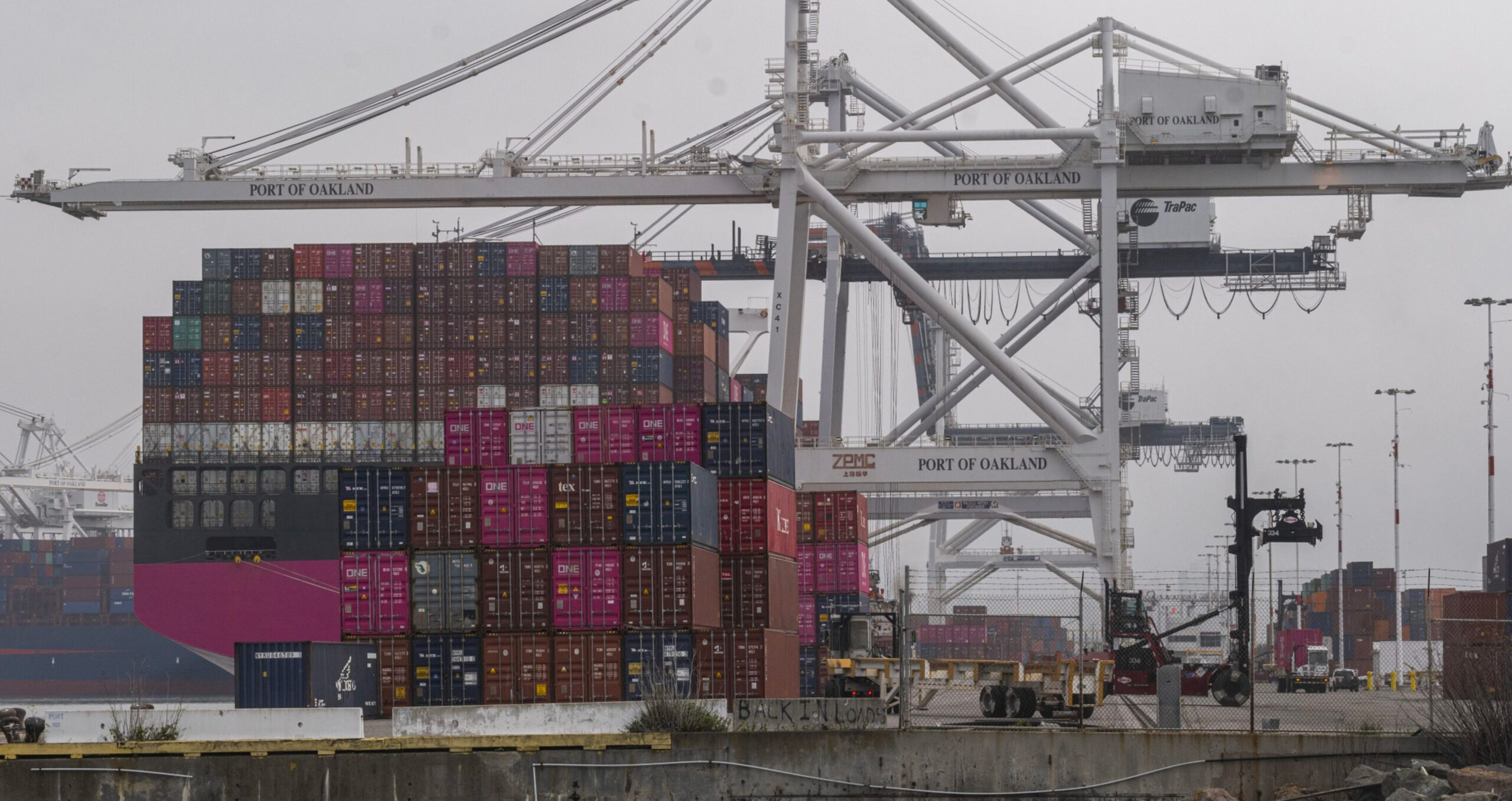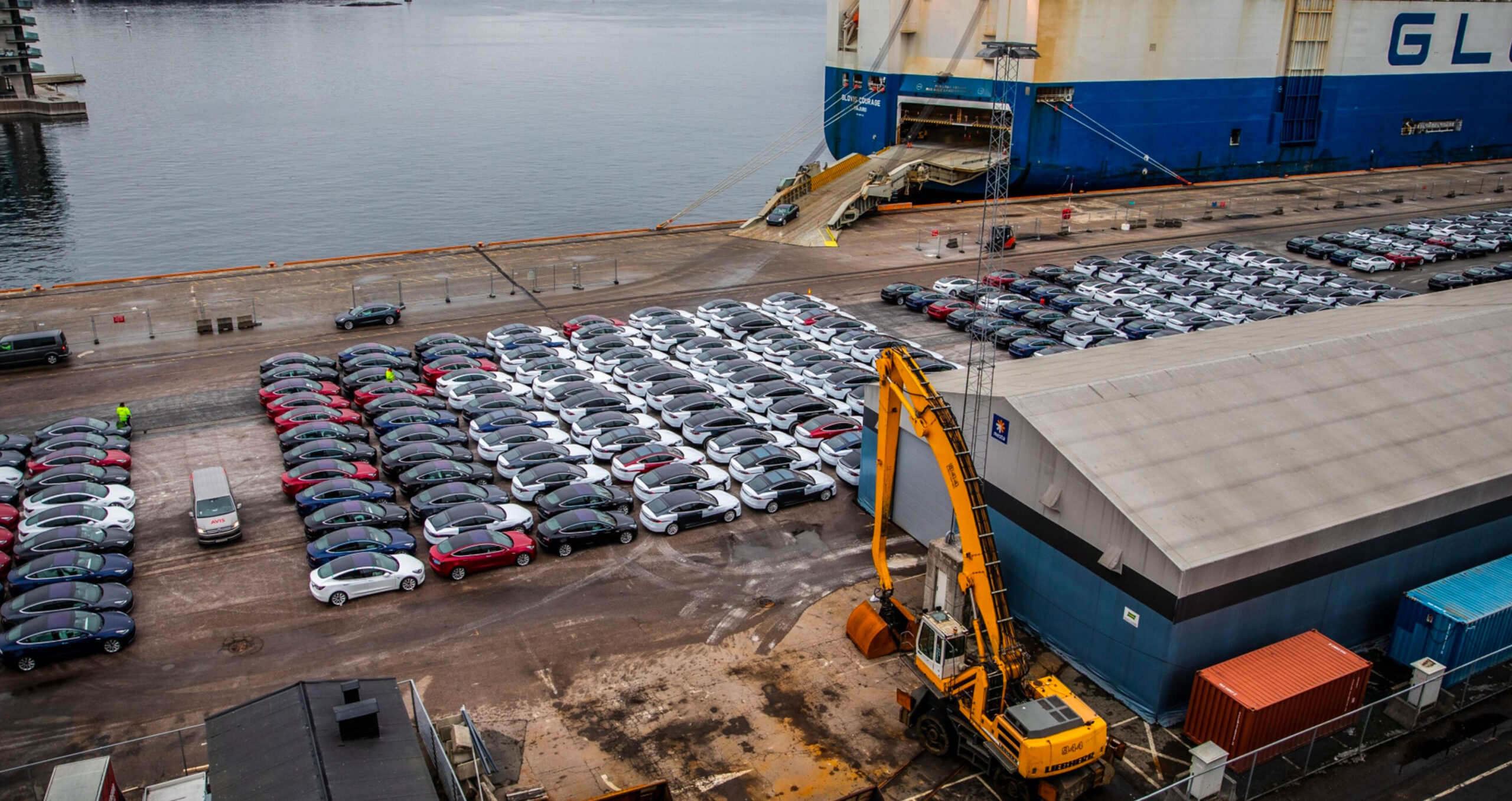
International Airlines Group: US green strategy ‘winning’ over EU approach

The head of sustainability at IAG, owner of the British Airways and Iberia carriers, says the early disbursement of EU incentives would help to reduce the cost of sustainable aviation fuel and predicts deployment of hydrogen-powered aircrafts by 2030.
As part of the battle to bring down global emissions, airlines are facing a slew of sustainability regulation. Industry figures say that regional variations are hampering competition, including a lack of financial support in some quarters.
On May 23, for example, France banned short-haul domestic flights where an alternative form of transport could take less than two and a half hours to complete the same journey. Meanwhile, the EU has reached an agreement that compels fuel suppliers to integrate sustainable aviation fuel with kerosene in rising amounts from 2025.
In the US, the Sustainable Aviation Fuel Act has also set a national goal for a 35 per cent cut in greenhouse gas emissions from flights by 2035, followed by net zero emissions in 2050 — however, the US Inflation Reduction Act offers tax credits in support of sustainable aviation fuel.
Speaking at the Financial Times’ Moral Money event on May 23, Jonathon Counsell, group head of sustainability at the International Airlines Group, said the US approach — which is based on providing incentives — is superior to the EU’s mandate-led strategy for building support for investment in SAF and enabling the climate transition.
“That’s where the Inflation Reduction Act is really winning,” Counsell said, adding that the EU needs to “supplement” the mandate. “The mandate doesn’t get you investment, it gets you demand […] so you need the incentives on top of that to attract the investment.”
He estimates that SAF typically costs three times as much as fossil fuels, with jet fuel representing 30 to 40 per cent of IAG’s costs. IAG owns the UK carrier British Airways, Spain-headquartered Iberia, Vueling and Level, and Ireland-based Aer Lingus.
Since 2012, the aviation industry has participated in the EU emissions trading scheme, which it has been part of since 2012. Part of the scheme raises revenues to support the low-carbon transition, with the EU recycling some aviation revenues from the scheme into incentives for producers and to help airlines close the price gap between conventional fuels and SAF.
Competitive distortion
Under new EU rules, aviation fuel suppliers will be required to provide a minimum share of SAF at EU airports, beginning at 2 per cent of fuel supplied by 2025 and rising to 70 per cent by 2050. “The new EU jet fuel blend will also need to contain a minimum share of the most modern and environmentally friendly synthetic fuels, which increases over time,” the European Commission said in April.
However, Peel Hunt aviation analyst Alexander Paterson tells Sustainable Views: “The supply of SAF remains limited and pricing rather unclear.”
Regulatory divergence nevertheless represents a challenge for airlines and, during the FT conference, Counsell said “competitive distortion is a huge issue for us”.
A roadmap published by Sustainable Aviation this year, an alliance of UK airlines that includes IAG-owned British Airways, sought a global approach to decarbonising aviation “to maximise emissions reductions and minimise competitive distortion”.
It predicts that the overall cost of the net zero transition will see demand for UK flights fall by around 14 per cent by 2050.
Counsell said that it remains possible to lower the cost of the transition. “The best way we can lower that is by getting incentives earlier,” he said. “If we can get better incentives, we can bring down the cost quicker.”
Counsell said that hydrogen fuel, meanwhile, “offers a real opportunity”, although this would be for smaller aircraft. He predicts the arrival of hydrogen-powered aircraft by the end of the decade.
Earlier in May, non-profit Transport & Environment claimed that operating hydrogen planes could be cheaper than conventional jets by 2035, estimating the overall cost of operating hydrogen aircraft for travel in Europe by 2050 at €299bn.
A spokesperson from easyJet echoes Counsell’s remarks.
“It is crucial that governments and policymakers provide adequate incentives for SAF and other important zero-emission technological solutions like hydrogen as well as continue to focus on doing everything needed to ensure that there is an adequate supply of SAF so airlines can meet the mandates and ensure it is commercially and operationally viable,” they say.
A Wizz Air spokesperson, meanwhile, says that SAF is “a key enabler to decarbonisation”.
“Currently cost and availability are limitations which must be addressed,” they argue, adding that the EU’s Green Deal Industrial Plan “will provide necessary funding to innovate clean technologies”.
A Ryanair spokesperson pointed to incentives offered by the US, including tax credits, and warned that “if these incentives will remain unrivalled by other regions, the EU risks becoming a net importer of US-refined SAF”, cautioning that this would be to the detriment of the EU SAF industry, EU airlines and the bloc’s CO2 reduction targets.
This article was updated after publication to include easyJet, Wizz Air and Ryanair’s comments.
Similar Articles

In Charts: Europe must choose between Chinese EV imports or its emissions targets, says ECA

IMO talks dodge question on future distribution of shipping emission revenues


